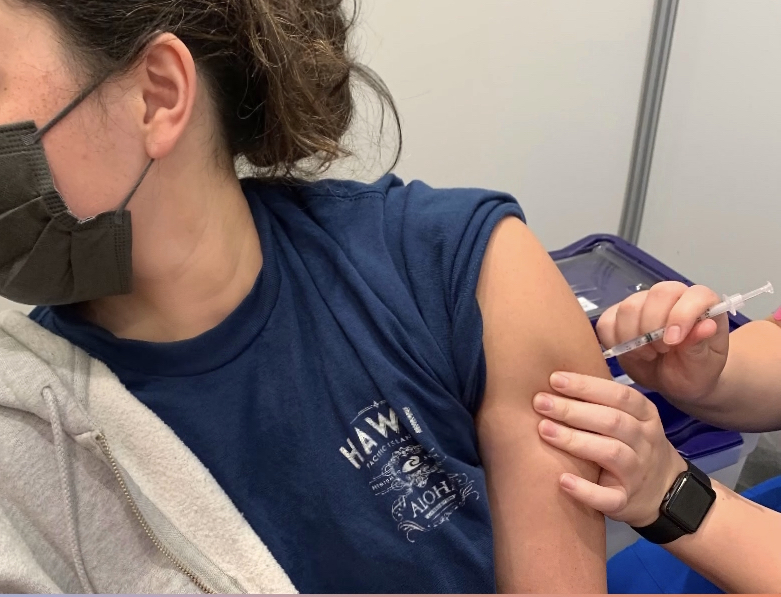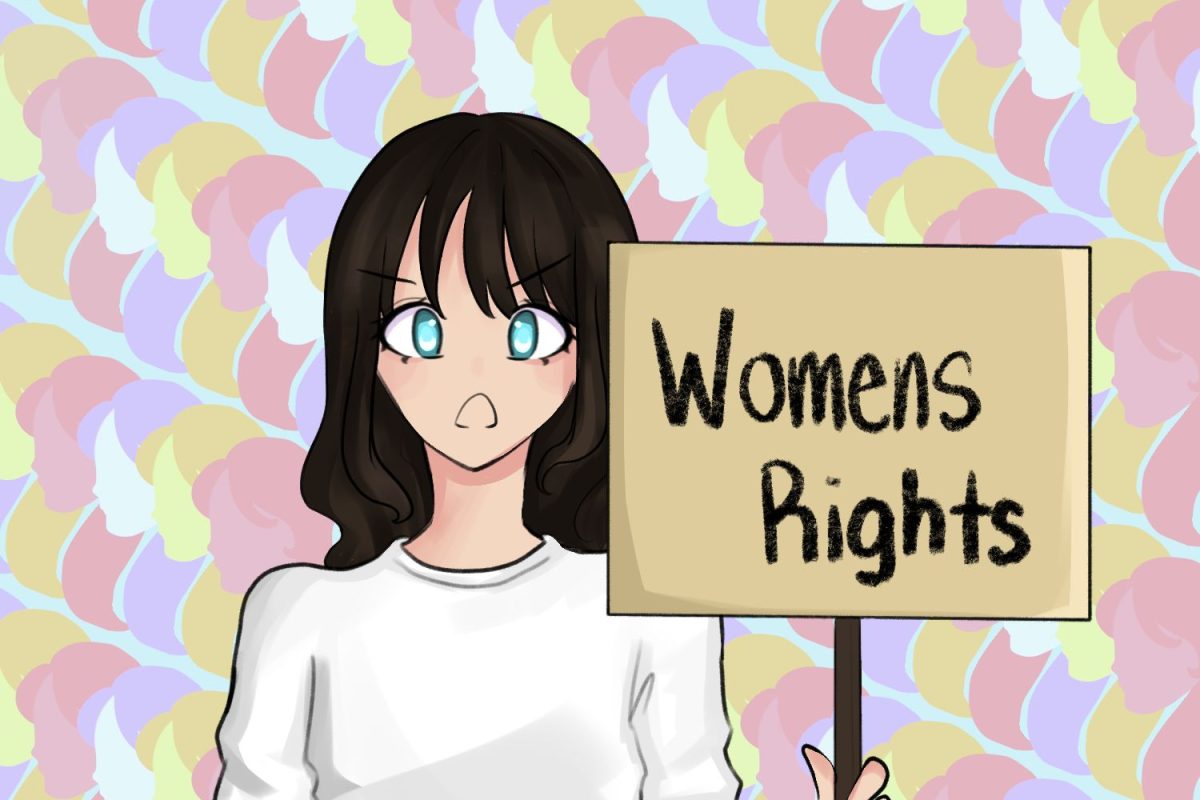As we aspire to bring this unprecedented pandemic to an end, the distribution of the COVID-19 vaccine has dramatically increased throughout the country.
The Food and Drug Administration (FDA) has approved Pfizer-BioNTech to distribute their vaccines to those who are 16-years-old and up. On April 15, California began to allow 16-year-olds receive their first dose of the vaccine.
The increase of pediatric COVID-19 cases was a significant factor in the approval of the Pfizer-BioNTech for these teenagers. According to the American Academy of Pediatrics, there has been a 5% increase in COVID-19 cases among children in the past two weeks.
“As teens, we are told that we have a very strong immune system; however, we’ve seen an increase in cases in our age group,” said Gavin Grivas, a sophomore. “Without the vaccine, we would only be causing more conflict for ourselves in the future, and we should protect ourselves now.”
According to the Centers for Disease Control and Prevention (CDC), less than 1% of teenagers ages 16-17 have been vaccinated. Professionals are encouraging teenagers to get vaccinated, as it will not only help the rates of infection among teenagers but will protect the community as a whole.
With discoveries of COVID-19 variants, the importance of teenage vaccination has become more crucial. The COVID-19 vaccines have been reported to be working well against the new variants, especially against severe disease and death.
“Considering that there are new strains of COVID-19, I got the vaccine as soon as I could,” said Emilie Brack, a sophomore. “It makes me feel much safer, and this is a huge step to getting our lives back to normal.”
Teenagers receive the vaccine in the same way that adults do, through an injection in their arm. A parent or guardian must accompany their teenager during their vaccination.
The common side effects are the same as well; injection site pain, fatigue, headache, muscle pain, chills, joint pain, and fever. Teenagers have more robust immune systems than adults, so they may feel the side effects more than adults.
“Even knowing the side effects, I was still very confident in the vaccine. If anything, I saw it as an opportunity to help stop the spread of the pandemic and a way to further protect those around me as well as myself,” Grivas said.
Additionally, teenage vaccination will play a massive role in the intensity of the guidelines for the upcoming school year. Currently, high schools are not permitted to have all students on campus at once, but the hope is to have full capacity on campus next school year.
Principal Ralph Crame said, “High school is about being connected and it’s hard to be connected, and have a unified student body if we’re not all on the campus.”
Schools must abide by the state restrictions, but restrictions could ease once more people receive vaccines to help the infection rates lower.
Pfizer-BioNTech released a statement that their vaccine was effective for teenagers ages 12-15, requested that the FDA approves this, and is now waiting for approval. Once these younger teenagers are eligible for the vaccine, infection rates will decrease, and schools will be in better shape to fully re-open.
“I do encourage students to get the vaccine because it’s proven to be effective. The more students that get vaccinated, the greater likelihood that we will be able to have more students on campus at one time,” Crame said.












